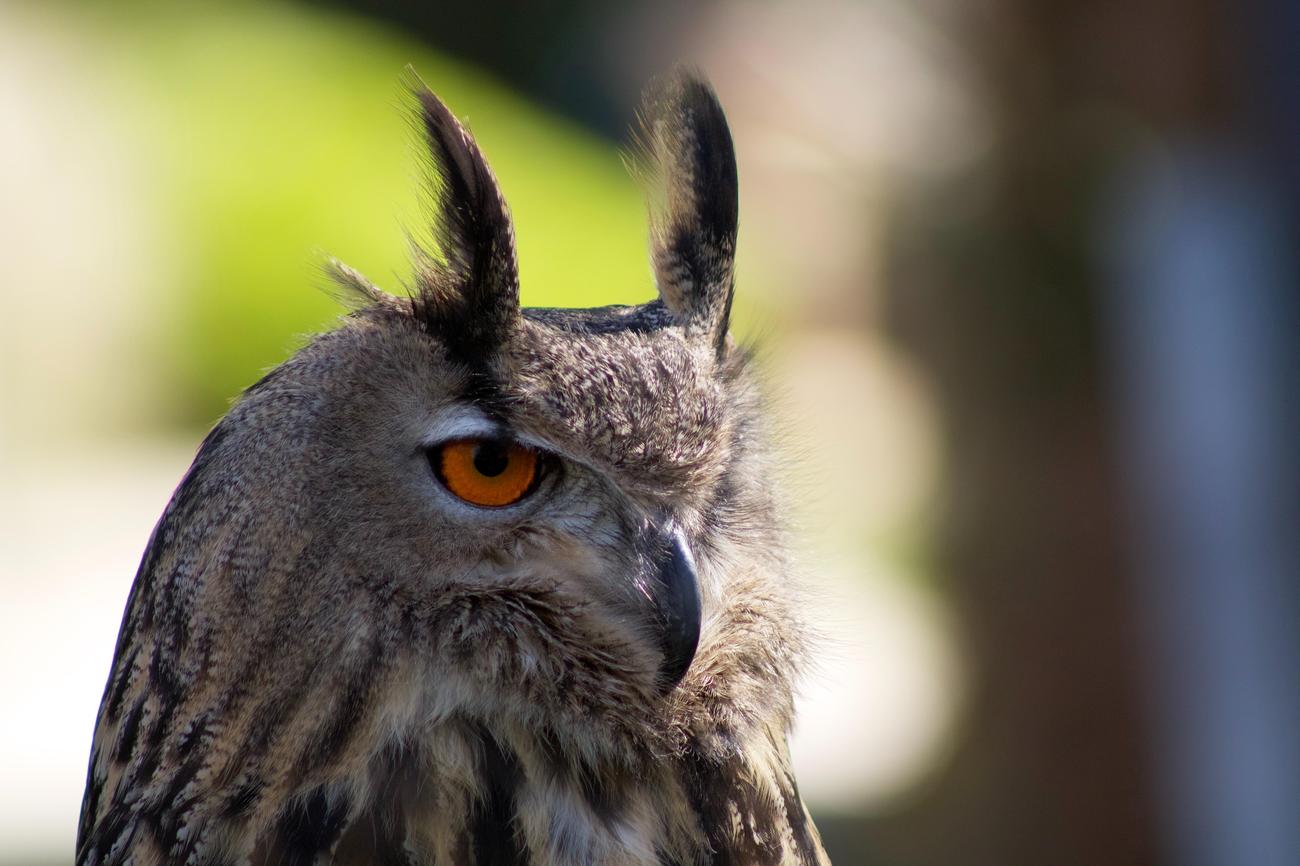Are we truly aware of the depths and complexities of the human mind? As we navigate through life, bustling through our daily routines, it is easy to overlook the underlying intricacies that shape our thoughts, emotions, and behaviors. Welcome to a journey where we unravel the mysteries of the human mind, exploring the captivating world of intelligence theories. In this article, we delve into the fascinating realm of “Theories of Intelligence,” where we dissect and analyze the diverse perspectives that seek to understand the essence of human intellect. Join me as we embark on a captivating exploration, peeling back the layers of traditional and emerging theories, fostering a comprehensive understanding of intelligence and its profound impact on our lives.

Theories Of Intelligence
Intelligence is a captivating phenomenon that has intrigued psychologists for generations. Over the years, numerous scholars and experts have dedicated their efforts to unraveling the mysteries of the human mind, resulting in the development of various theories of intelligence. These theories offer different perspectives and interpretations, shedding light on the diverse nature of human cognitive abilities. In this article, we will explore some of the prominent theories of intelligence and their implications in understanding the complexities of the human mind.
One of the earliest pioneers in the study of intelligence was Sir Francis Galton, who paved the way for future researchers. However, it wasn’t until the late 1800s that his work gained significant attention. Since then, psychologists have embarked on a journey to interpret and measure intelligence through various theoretical frameworks. These theories can be broadly categorized into psychometric, cognitive, and biological theories, each providing a unique lens into the multifaceted concept of intelligence.
Psychometric theories approach intelligence from a quantitative perspective, focusing on measurement and assessment. One of the most influential psychometric theories is Charles Spearman’s theory of general intelligence, also known as the “g factor.” According to this theory, intelligence can be understood as a single underlying factor that influences performance across different cognitive tasks. However, not all psychologists concur with this notion. [quote]Some argue that intelligence encompasses a range of distinct abilities and talents[/quote], giving rise to Howard Gardner’s theory of multiple intelligences.
Gardner proposed that intelligence is not a unitary construct but rather a collection of separate intelligences, each associated with different cognitive capabilities. His theory suggests that individuals may excel in specific areas like linguistic, logical-mathematical, spatial, musical, bodily-kinesthetic, interpersonal, intrapersonal, and naturalistic intelligence. [quote]Rather than viewing intelligence as a single measure, Gardner’s theory embraces the diversity of human cognitive talents[/quote].
Cognitive theories, on the other hand, focus on the mental processes involved in intelligence. One such theory is Jean Piaget’s cognitive development theory, which suggests that intelligence evolves through distinct stages. Piaget posited that as individuals progress from infancy to adulthood, their cognitive abilities expand, leading to more sophisticated ways of thinking and problem-solving. Another notable cognitive theory is the information processing theory, which likens the mind to a computer, processing information through different stages of input, storage, and output.
Biological theories seek to explore the biological foundations of intelligence. These theories suggest that intelligence may be influenced by genetic factors, brain structure, and neurotransmitter functioning. For instance, some researchers have identified specific genes associated with intelligence, indicating a genetic basis for cognitive abilities. Furthermore, neuroimaging studies have revealed structural and functional differences in the brains of individuals with varying levels of intelligence.
While theories of intelligence have offered valuable insights into human cognition, it is essential to acknowledge their limitations and criticisms. Intelligence testing, for example, has faced scrutiny for its reliability, validity, and potential cultural biases. [quote]Critics argue that these tests may not adequately capture the complex nature of intelligence, particularly in diverse populations[/quote]. Moreover, the sheer diversity of human cognitive abilities challenges the notion of a singular intelligence.
Nevertheless, theories of intelligence hold practical implications in fields such as education and workforce development. Educators can employ a variety of teaching strategies and cater to different intelligences to ensure comprehensive learning experiences. Employers, too, can benefit from understanding the diversity of intelligence, fostering a more inclusive and diverse workforce that draws on various strengths and talents.
In conclusion, theories of intelligence have provided valuable frameworks for exploring and understanding the intricacies of human cognitive abilities. Whether it be psychometric, cognitive, or biological approaches, these theories have shaped our understanding of intelligence, revealing its multidimensional and diverse nature. By embracing a comprehensive view of intelligence, we can foster a society that values and harnesses the unique talents and abilities of individuals.
Intelligence is a fascinating topic that captivates the interest of many. If you’re hungry for knowledge and curious to uncover some intriguing facts about intelligence, then look no further! Our website has compiled an extensive list of fascinating insights, all conveniently gathered in one place. So, why wait? Just click here to explore the enlightening world of intelligence facts: facts about intelligence. Prepare to be amazed as you delve deeper into the depths of human intellect and discover the wonders of the mind. Happy exploring!
Theories of Intelligence
As we delve into the fascinating realm of human intelligence, it is essential to explore the various cognitive theories of intelligence. These theories propose groundbreaking ideas and insights into how our minds process information, solve problems, and demonstrate intellectual abilities. From Jean Piaget’s influential constructivism to Howard Gardner’s revolutionary multiple intelligences theory, cognitive theories of intelligence offer a deeper understanding of the human intellect. Discover more about cognitive theories of intelligence here: cognitive theories of intelligence.
Psychological theories of intelligence also play a crucial role in unraveling the mysteries of human cognition. These theories focus on exploring the psychological processes underlying intelligence, including memory, attention, and problem-solving. From Charles Spearman’s pioneering work in developing the concept of general intelligence to Robert Sternberg’s groundbreaking triarchic theory, the realm of psychological theories of intelligence is awe-inspiring. Uncover the intricacies of psychological theories of intelligence here: psychological theories of intelligence.
Furthermore, neuroscientific theories of intelligence shed light on the intricate workings of our brains and their role in shaping intelligence. These theories delve into the neural processes and structures that contribute to cognitive abilities, such as perception, reasoning, and decision-making. With advancements in neuroimaging technologies, scientists are uncovering fascinating insights into the neural underpinnings of intelligence. Embark on a journey through the realm of neuroscientific theories of intelligence here: neuroscientific theories of intelligence.
As we explore the captivating world of intelligence theories, let us embrace the wealth of knowledge and perspectives that cognitive, psychological, and neuroscientific theories offer. Each theory provides a unique lens through which we can understand the complexities of human intelligence. So, dive into these intriguing theories and expand your understanding of the multifaceted nature of intelligence.
FAQ
Q1: What are the major theories of intelligence?
A1: There are several contrasting theories of intelligence, including psychometric theories, cognitive theories, and biological theories. Psychometric theories focus on measuring intelligence through standardized tests, while cognitive theories emphasize the mental processes involved in intelligence. Biological theories explore the genetic and neurological factors that contribute to intelligence.
Q2: What is the history of studying intelligence?
A2: The study of human intelligence can be traced back to the late 1800s when Sir Francis Galton conducted one of the first systematic investigations on the topic. Since then, psychologists have made significant advancements in understanding intelligence, developing theories and tests to assess cognitive abilities.
Q3: What is the criticism of intelligence testing?
A3: Intelligence testing has faced criticism for various reasons. Some concerns relate to the reliability and construct validity of the tests, as they may not accurately measure the entirety of someone’s intelligence. There are also cultural and ethnic biases that can affect test performance, making it important to consider cultural specificity when interpreting results.
Q4: What are the different types of intelligence?
A4: The concept of intelligence extends beyond a single measure, and there are different theories proposing various types of intelligence. One prominent theory is multiple intelligences, proposed by Howard Gardner, which suggests that intelligence is not a singular entity but rather a combination of different abilities, such as linguistic, logical-mathematical, musical, spatial, bodily-kinesthetic, interpersonal, intrapersonal, and naturalistic intelligence.
Q5: How do theories of intelligence impact practical fields?
A5: Theories of intelligence have practical implications in various fields, such as education and workforce development. Understanding different theories of intelligence can help educators tailor instructional approaches to accommodate diverse learning styles and strengths. In the workforce, recognizing and valuing different forms of intelligence can aid in fostering inclusive environments and matching individuals’ strengths to appropriate roles and responsibilities.












